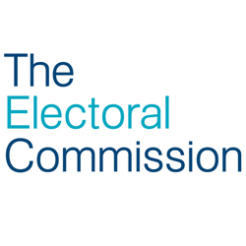The Electoral Commission has published guidance to help charities comply with the new rules of the Lobbying Act ahead of the 2015 General Election.
The Transparency of Lobbying, Non Party Campaigning and Trade Union Administration Act 2014 introduces new rules that expand the current regime regulating spending by non-party campaigners in the run-up to elections.
The new Act limits spending on a wider range of campaigning activities that could be seen as intending to influence voters at an election.
It gained royal assent in January after a concerted campaign by charities and voluntary groups raised concerns that the legislation would significantly impair their ability to speak out on issues that could be regarded as party political in the lead-up to elections.
The new rules under the Lobbying Act take effect from 19 September and include an increase in the amount campaigners can spend before they are required to register and report their spending to the Electoral Commission.
The Act sets out an overall reduction in the amount campaigners can spend at UK Parliamentary General Elections, including a spending limit of £9,750 per Parliamentary constituency, and new pre and post-poll reporting requirements.
Before publishing the guidance, the Electoral Commission said it held roundtable events around the UK and heard from 50 campaigning organisations to inform the documents.
It also ran a survey and developed the guidance with the UK’s charity regulators in England, Wales, Scotland and Northern Ireland.
Peter Wardle, chief executive of the Electoral Commission, said: “Non-party campaigners are vital to a healthy democracy and we encourage their active participation. Where a significant amount is being spent on campaigning, there are rules that must be followed to ensure that there’s transparency in the system.
“We have produced a comprehensive package of guidance, taking on board what campaigners told us they wanted information on, so that they can plan their activities, know when they need to register with us and ensure they follow the rules.”
The Electoral Commission has published 16 guidance documents as well as fact sheets on how to ensure common campaigning tactics such as pledge cards and manifestos comply with the new rules.
The Commission will also run webinars over the summer to help explain the rules to non-party campaigners.









